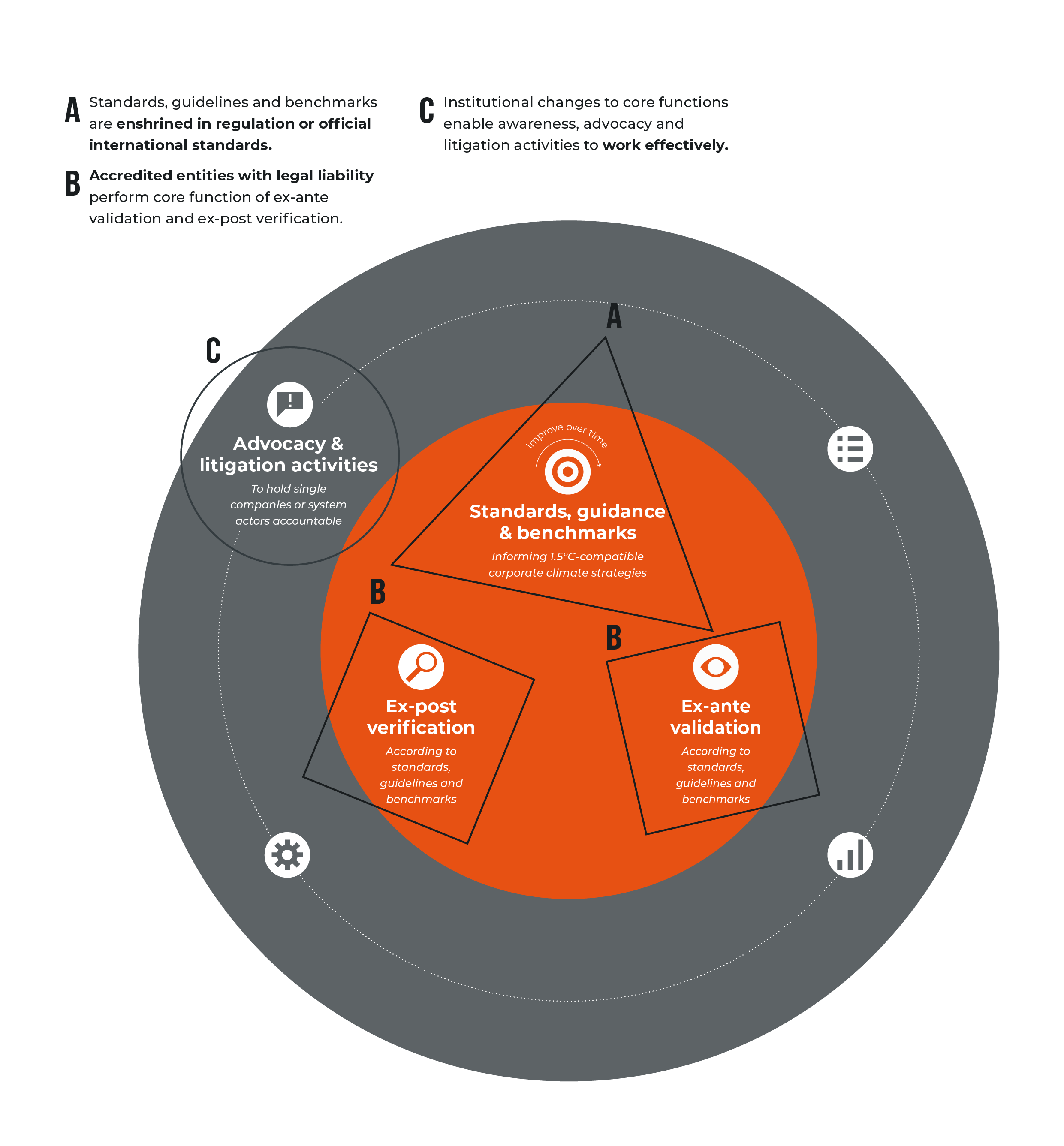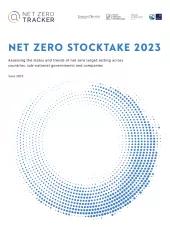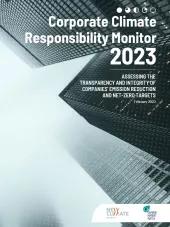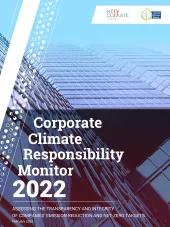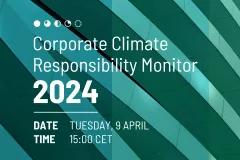Introducing key functions of an accountability system for corporate climate action, and selected spotlights on how to improve the status quo
The corporate climate accountability loop
The corporate climate accountability loop introduces seven key conceptual functions of an accountability system for corporates in the real economy, and illustrates how activities under these functions feed into and reinforce each other. We differentiate the accountability functions between core and supportive functions (see Figure 1 below).
Readers can use our framework to analyse the limitations of today’s corporate climate accountability system and assess how to improve it in the future to hold companies accountable for their (lack of) climate action.
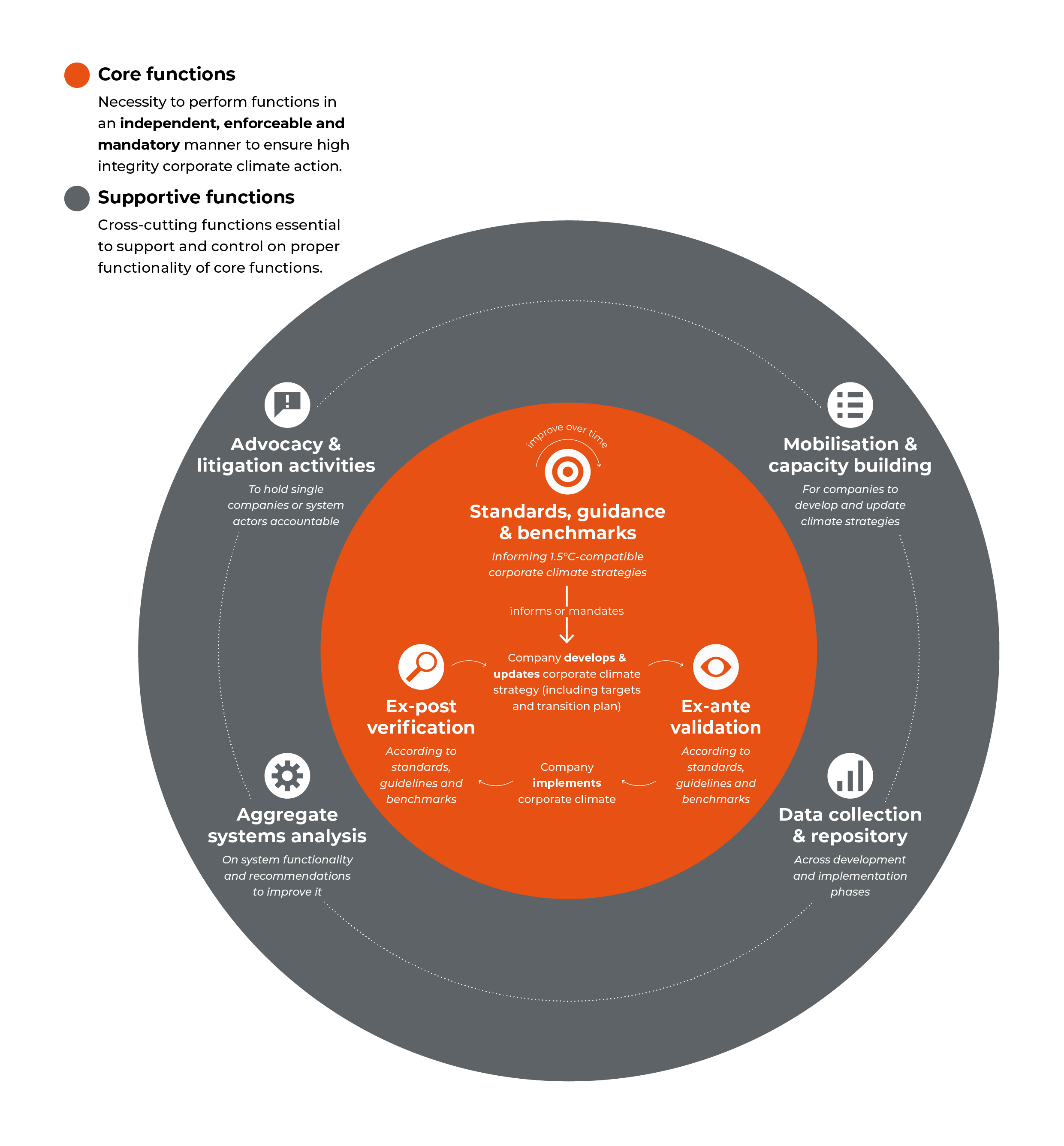
Figure 1: A schematic illustration of the corporate climate accountability loop; Source: Authors
Spotlights on how to improve the existing accountability framework
The paper’s second part provides selected observations on the corporate accountability system’s status quo, and recommendations how to improve it through initial adjustments and future changes.
- Spotlight on the status quo: In the current system, same voluntary initiatives and actors perform multiple functions without any institutional separation and independence. The system further does not perform the important accountability function of ex-post verifications.
- Spotlight on initial adjustments: Initial adjustments for improvement can work towards the introduction of institutional separation and independence between different functions. For example, standards, guidance, and decarbonisation benchmarks generally should be developed independently from direct corporate influence to avoid inherent conflict of interests as these will be used to validate companies later. Alongside, voluntary initiatives and actors can already introduce robust complaint, grievance, and whistleblowing mechanisms.
- Spotlight on future changes (see Figure 2 below): In the future, regulatory frameworks and/or international standards can increase the level of corporate climate accountability through mandatory and enforceable regulation. The introduction of legally-binding regulation over time can enable ex-ante validations and ex-post verifications by accredited and legally liable entities. Such institutional changes to the core functions can unlock the effectiveness of the advocacy and litigation activities.
